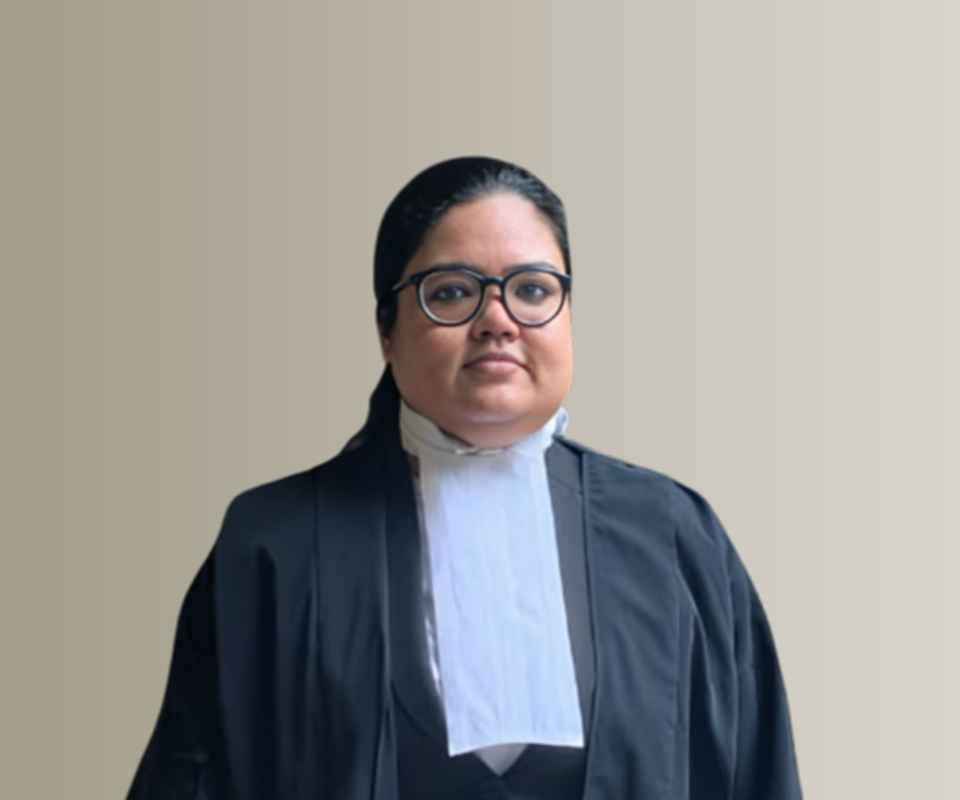Answer By law4u team
Custody disputes in same-sex relationships are a complex and evolving area of family law. The primary principle guiding custody decisions, regardless of sexual orientation, is the best interests of the child. However, same-sex couples often face unique legal challenges, especially in countries or regions where their relationship may not be legally recognized, or where adoption and parental rights are not automatically granted to both partners.
In many jurisdictions, courts are gradually adapting to recognize the rights of same-sex parents, especially as more countries and regions have moved toward legalizing same-sex marriage and adoption. However, legal challenges still exist, particularly in places where LGBTQ+ rights are not fully recognized or where the law has not caught up with social changes.
Key Legal Considerations in Same-Sex Custody Disputes
Legal Parentage and Parental Rights
In many countries, legal recognition of same-sex relationships, including marriage and domestic partnerships, significantly impacts parental rights. In cases where the parents are legally recognized as a couple:
- If both partners are legally recognized parents (for example, both names are on the child’s birth certificate or adoption papers), they have equal rights in a custody dispute.
- In jurisdictions where same-sex marriage or parenting rights are not recognized, the biological parent may have an automatic claim to custody, and the non-biological parent may need to prove their parenting role through evidence such as adoption or legal guardianship.
Adoption and Legal Parenthood
In cases where one partner is the biological parent (either through natural conception or assisted reproduction) and the other is not, the non-biological parent may need to legally adopt the child to have parental rights. Adoption laws for same-sex couples vary by jurisdiction:
- In some places, adoption by the non-biological parent is straightforward, with both parents being recognized as legal guardians.
- In other areas, second-parent adoption (where the non-biological partner adopts the child without the biological parent losing any rights) may be a legal path for ensuring both partners have legal custody and decision-making power.
Assisted Reproduction and Surrogacy
Assisted reproduction (such as IVF or sperm donation) and surrogacy arrangements present unique challenges in same-sex custody disputes. For example:
- If one partner uses their own sperm or eggs in assisted reproduction, they are automatically recognized as the biological parent. However, the non-biological partner may still face difficulties in asserting parental rights unless they adopt the child or have legal recognition.
- Surrogacy laws may vary significantly depending on the jurisdiction. In some regions, both same-sex parents can be listed on the birth certificate as legal parents, while in others, only the biological parent has rights unless the non-biological parent adopts.
Best Interests of the Child
As with all custody cases, the best interests of the child is the primary criterion used by courts. When determining custody in same-sex relationships, courts consider:
- The child’s relationship with each parent, regardless of their sexual orientation.
- The ability of each parent to provide a stable, loving, and nurturing environment.
- The child's emotional needs and any existing attachments to either parent.
- The child’s preferences, if they are mature enough to express them.
Discrimination Based on Sexual Orientation: Courts are increasingly recognizing that the sexual orientation of the parents should not be a factor in determining custody. However, in some jurisdictions where LGBTQ+ rights are not fully recognized, there may still be implicit biases that could influence the outcome.
Domestic Partnerships and Legal Recognition
In countries or regions where same-sex domestic partnerships are recognized but same-sex marriages are not, the non-biological parent may face challenges in securing custody or parental rights unless there are additional legal mechanisms (such as adoption or court orders) in place. Legal recognition of the relationship directly impacts the non-biological parent's claim to the child.
Challenges Faced by Same-Sex Parents in Custody Disputes
Lack of Legal Recognition
In many countries or regions, same-sex relationships are not legally recognized, which can complicate the legal standing of a non-biological parent. If a non-biological parent has not legally adopted the child, their parental rights may not be automatically assumed.
Discrimination
Despite legal progress, same-sex parents may face discrimination in family courts, particularly in regions where LGBTQ+ rights are not protected. Some courts may still harbor biases or prejudices that could impact custody decisions, despite laws ensuring equality.
Parental Alienation and Intention of the Biological Parent
If the biological parent is opposed to the non-biological parent's involvement, they may try to alienate the child from that parent, which can complicate the custody process. This is an issue for any custody dispute but may be heightened in same-sex cases if one parent is unwilling to recognize the other’s role.
International Custody Issues
In international custody disputes, different countries may have different laws regarding the recognition of same-sex relationships and parental rights. This can lead to difficulties if the couple lived in one country where their rights were recognized, but one parent seeks custody in another country where same-sex relationships are not legally acknowledged.
Example
Imagine a scenario where a same-sex couple, Anna and Lisa, live together in a country that legally recognizes same-sex marriages. They decide to have a child using artificial insemination with a donor sperm. Lisa is the biological mother, and Anna is not. However, Anna adopts the child shortly after birth, ensuring she has the same legal rights as Lisa.
If Anna and Lisa later separate, both will have equal parental rights over the child, and the custody dispute will be resolved based on the best interests of the child, focusing on their ability to provide a stable and loving home. In this case, the court would not consider their sexual orientation but rather the child’s attachment to both parents and the overall well-being of the child.
In contrast, in a jurisdiction where same-sex marriage or parental adoption is not legally recognized, Anna might face challenges in asserting her rights as a parent unless she can prove her involvement in the child’s upbringing, potentially requiring a legal battle to establish her standing in the custody dispute.
Conclusion
Custody disputes in same-sex relationships are increasingly being resolved in a manner similar to those in heterosexual relationships, with the best interests of the child as the overriding principle. However, same-sex parents may face additional challenges, including issues related to legal recognition, adoption rights, and potential discrimination. The resolution of such disputes depends largely on the legal framework in place, which varies by jurisdiction, and the specific facts of the case. In places where same-sex parents' rights are legally protected, they generally have equal standing in custody proceedings, ensuring a fair process for both parents and children.







